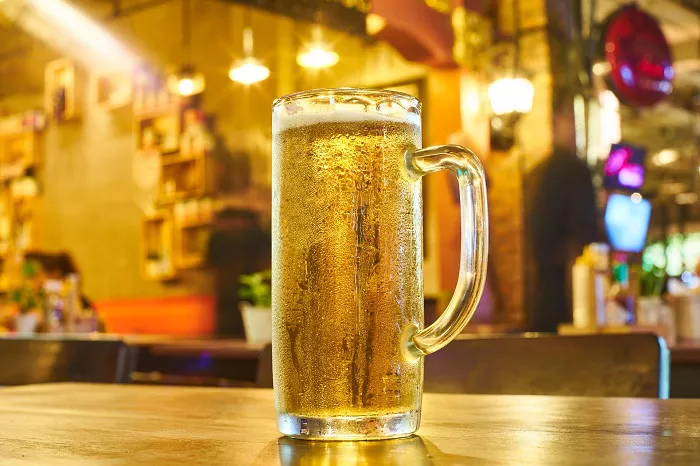German beer has long been a cornerstone of the country’s culture, with iconic beer gardens and celebrations like Oktoberfest drawing both locals and tourists alike. However, recent trends indicate a shift in consumer behavior, casting uncertainty over the future of the beer industry. According to data from the Federal Statistical Office, beer exports from Germany fell by six percent in 2024 compared to a decade earlier. Domestic beer consumption has also seen a significant decline, dropping by 15.1 percent during the same period.
Historically, beer consumption in Germany reached its peak in 1980, when the average German consumed 146 liters per year. Since then, consumption has steadily decreased, although the trend was temporarily interrupted by events such as the football World Cup. In recent years, however, brewers have struggled to maintain revenue, with the Covid-19 pandemic years contributing to a sharp decline in sales. While beer remains the preferred alcoholic beverage in Germany, factors such as a growing emphasis on healthy lifestyles and an aging population, which typically consumes less alcohol, have contributed to the downturn.
The summer of 2024 proved to be particularly challenging for German brewers. Despite the hosting of the European Football Championship, which many anticipated would boost sales, unseasonably cold weather and frequent rainfall hurt sales during the prime beer garden months. June, in particular, saw a 13.5 percent decrease in domestic beer consumption compared to the previous year. The German Brewers’ Federation lamented that “many beer garden visits were literally rained off.”
On the global stage, German brewers have faced additional setbacks. Political tensions and tariffs imposed by Russia have negatively impacted exports. In 2023, Russia increased tariffs on beer imports from “unfriendly countries,” including Germany. The cost of one liter of beer rose significantly, from €0.04 to €1, further complicating the situation for breweries like Oetting, TCB, and Darguner, which rely heavily on exports to Russia. At the same time, exports to China have also been in decline, further dampening prospects for growth.
Despite these challenges, some German brewers are finding new avenues for growth. Paulaner, the country’s fifth-largest beer producer, has seen success by diversifying its product range, introducing items like the alcohol-free soft drink Paulaner Spezi and Mönchshof beer with swing-top bottles. Meanwhile, Bitburger has expanded its market share through a partnership with UEFA, and Veltins has capitalized on the growing popularity of Helles, a traditional pale lager.
While the struggles of some brewers may not have a significant impact on the broader German economy, the decline of the beer industry is symbolic of wider shifts in consumer preferences and global trade dynamics. For a country where beer has long been a cultural icon, the flattening of the beer market is a notable development.
You Might Be Interested In:


